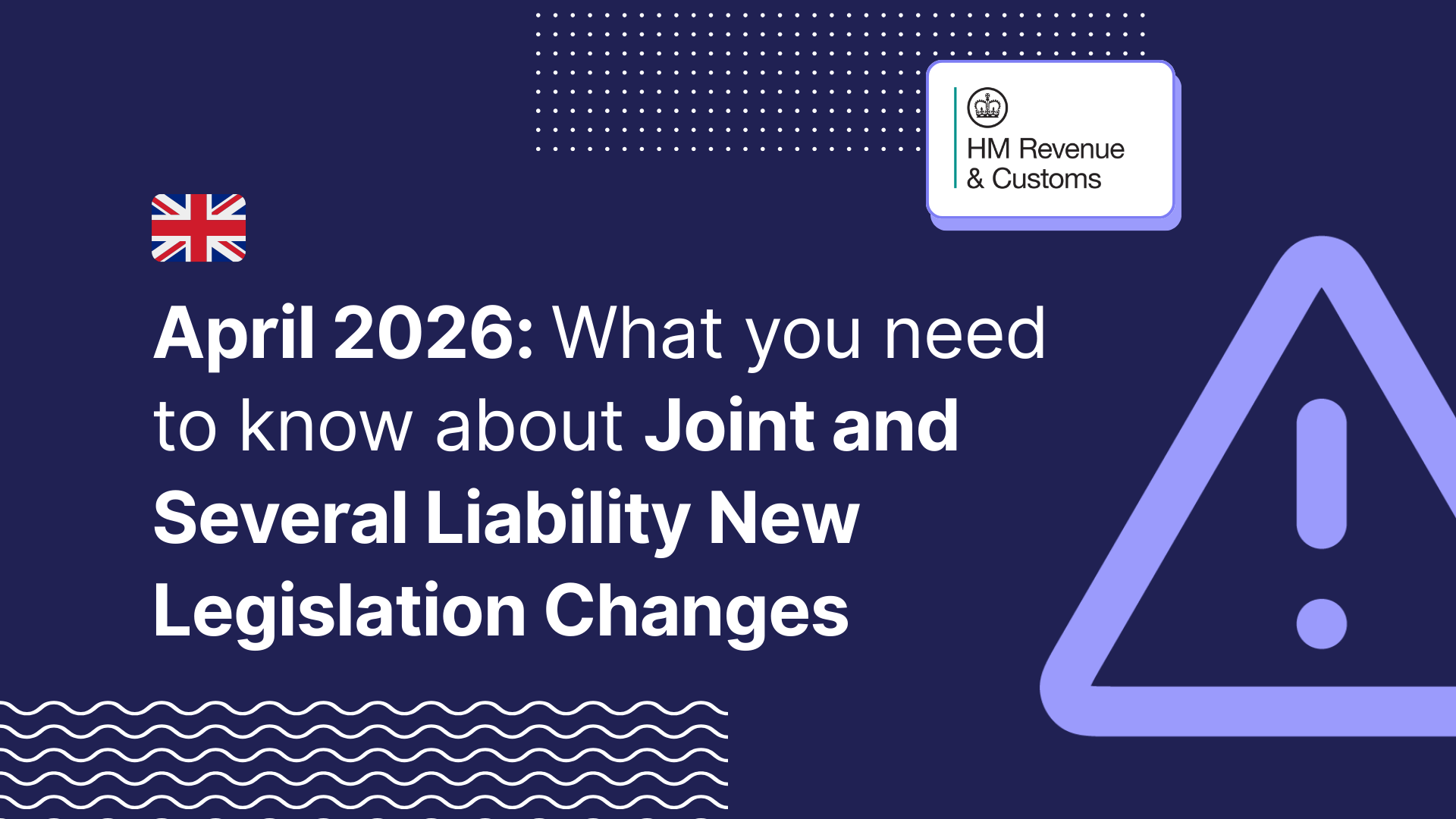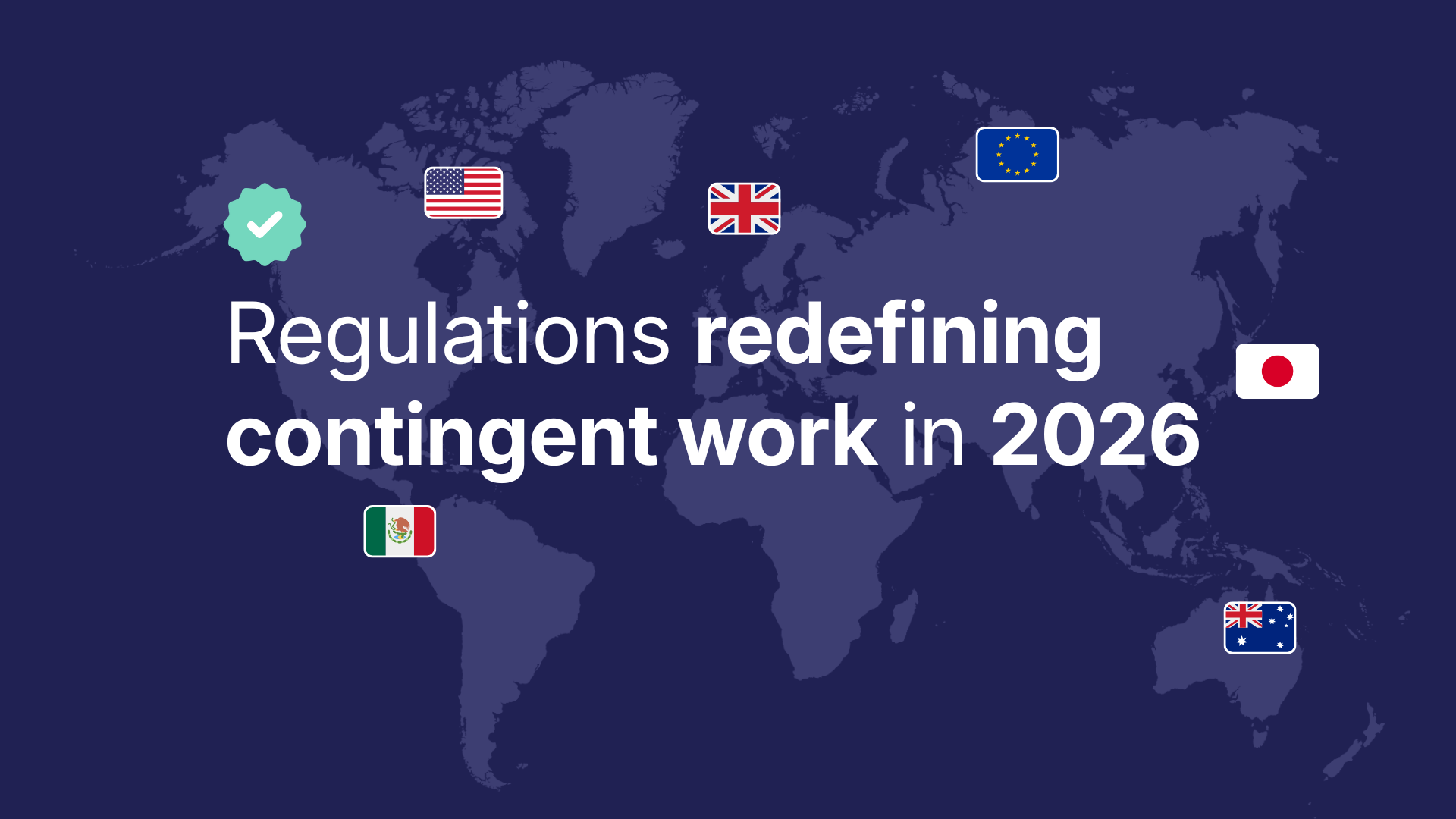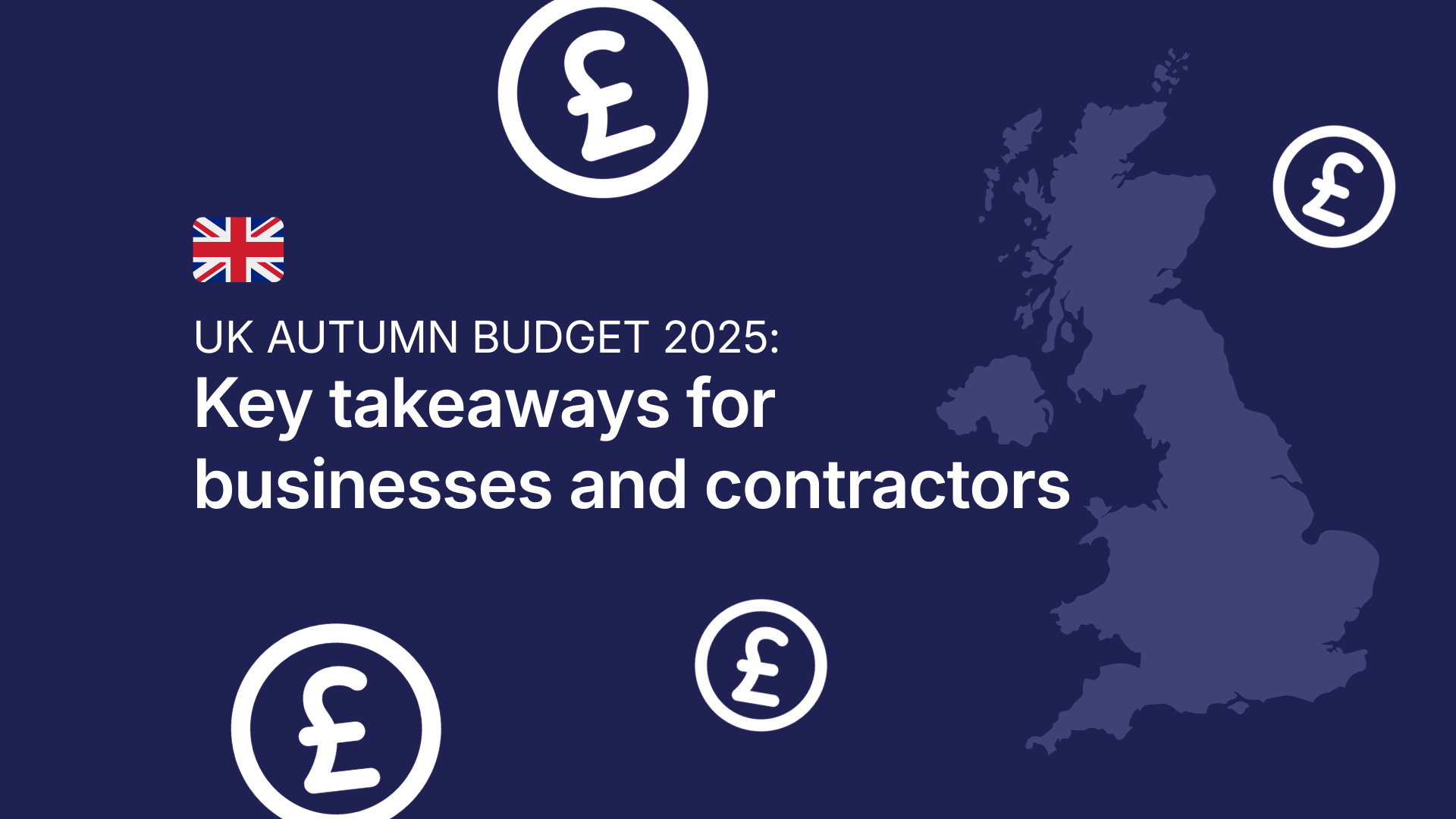With HMRC’s IR35 ‘soft landing’ coming to an end, we have been speaking to thousands of those who engage Contractors at Clients, and the Contractors themselves, about their IR35 experience of the last 18 months. The overwhelming feeling is that many Clients and Contractors are still somewhat playing catch up - either from a process or a knowledge point of view.
As part of this article, we look at:
- What is the data telling us?
- What are Clients and Contractors saying?
- How are Clients who took the decision to not work with PSCs faring
What is the data telling us?
HMRC’s enforcement data is focused on challenging Contractors rather than Clients, but this still shows that since the introduction of IR35 in 2000, HMRC has a 36% win rate at Tribunals.
Tax compliance is about following HMRC rules, but these are interpreted using case law. The case law increasingly backs Contractors, including some high profile ones. We are therefore not surprised to see 77% of bookings on YunoJuno being outside IR35, over the last 12 months.
But the case law requires real interpretation, and it’s not always clear when it’s matched to any particular Client and Contractor for an assignment. The two most-viewed Help Articles on our site are: How Contractors can structure themselves for Inside IR35 contracts, and What IR35 means for companies. This suggests to us, on top of the conversations that we have been having, that there is still a lot of confusion as to what IR35 means for both Clients and Contractors.
What are Clients and Contractors saying?
One of the main trends we hear from everyone is that large and medium sized Clients (who are the ones caught by the new rules) may have over complicated their processes. This means they don’t work in the real world of engaging Contractors, which is slowing down time to hire, and confusing for both Client and Contractor. This is further exacerbated by poor communication as it is either not clear, or discussions around IR35 are too late, within the process.
Feedback given to us by Clients confirms that their IR35 processes and sign off have in many cases doubled time to hire, and in some cases, it has taken up to 2 months to fully onboard a Contractor. We have also seen evidence of additional friction and confusion when a Client has taken an existing process and simply shoehorned an IR35 process on top. At its worst, this has resulted in Contractors being put through an IR35 process when it didn’t even apply to them.
Feedback from a number of specialist hiring managers at Clients is that they feel they are having to undertake IR35 assessments too early, before they know if they are going to be engaging a Contractor who uses a PSC. This will be particularly acute for Clients who have a large Contractor-based workforce.
Contractors are also suffering from being kept in the dark until too late. Many have said that some Clients do not communicate the IR35 status until it is too late in the process. They may have spoken about the project, submitted day rates, and are only then being told the contract is Inside IR35 and so the awkward conversation about changing rates happens.
How are companies who took the decision to not work with PSC’s faring?
As we all know, back in April 2021, a number of the large multinational organisations, banks, pharmaceutical companies and others took the decision to not work with PSCs. As such, they made the decision that all Contractors would be taxed at source via PAYE - either on fixed term employment contracts directly with the Client, or supplied to the Client via an umbrella company approved by them. Whilst there has been some flight of talent (i.e. some Contractors will want to still work via their PSC), the impact has not been as severe as feared.
On a positive note, there is also a retreat away from that decision in the market - Clients that said no to PSCs are now getting more comfortable with the concept, when they get the proper compliance support added into their Contractor sourcing process.
Our opinion is that Clients are willing to hire PSCs and that what matters is facilitating Clients and the Contractors being given all the information needed to make an informed decision from the outset.
Yes, there are processes that may need improving, explanations that need to be given, but these are all very manageable with the right support in place.
As we continue on our journey of understanding, it is important to note that communication (regardless of any businesses approach to IR35) should remain at the utmost importance to all involved. I advise my Clients to take a step back and look at the makeup of their Contractor workforce. Speak to the business, understand any challenges that they may face, including risks. Look at the current process and understand the reasoning behind it. Then, speak with industry leaders, like YunoJuno, to see where technology can be included to support the current process.
If you’d like to learn more, or to get involved please get in touch with James.







